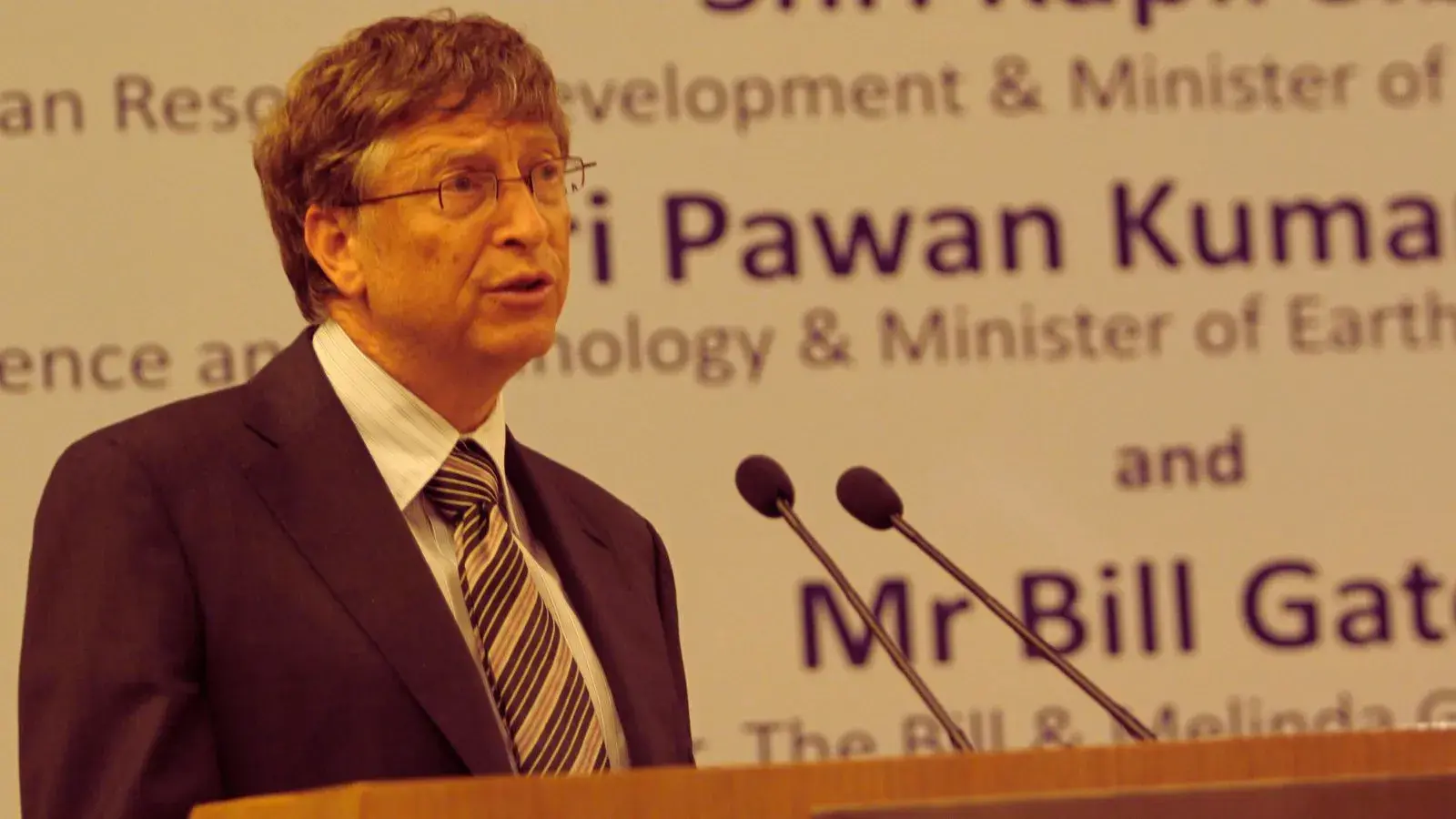Bill Gates feels Generative AI has plateaued, says GPT-5 will not be any better::The billionaire philanthropist in an interview with German newspaper Handelsblatt, shared his thoughts on Artificial general intelligence, climate change, and the scope of AI in the future.



This is short-sighted.
The jump to GPT 3.5 was preceded by the same general misunderstanding (we’ve reached the limit of what generative pre-trained transformers can do, we’ve reached diminishing returns, ECT.) and then a relatively small change (AFAIK it was a couple additional layers of transforms and a refinement of the training protocol) and suddenly it was displaying behaviors none of the experts expected.
Small changes will compound when factored over billions of nodes, that’s just how it goes. It’s just that nobody knows which changes will have that scale of impact, and what emergent qualities happen as a result.
It’s ok to say “we don’t know why this works” and also “there’s no reason to expect anything more from this methodology”. But I wouldn’t dismiss further improvements as a forgone possibility.
Another way to think of this is feedback from humans will refine results. If enough people tell it that Toronto is not the capital of Canada it will start biasing toward Ottawa, for example. I have a feeling this is behind the search engine roll out.
ChatGPT doesn’t learn like that though, does it? I thought it was “static” with its training data.
You can finetune LLMs using smaller datasets, or with RLHF (reinforcement learning from human feedback) wherein people can give ratings to responses and the model can be either “rewarded” or “penalized” based off of the ratings for a given output. This retrains the LLM to produce outputs that people prefer.
Active Learning Models. Though public exposure can eaily fuck it up, without adult supervision. With proper supervision though, there’s promise.
So it will always have the biases of the supervisors
Bias is inevitable. Whether it is AI or any other knowledge based system. We just have to be cognizant of it and try to remedy it.
I was speculating about how you can overcome hallucinations, etc., by supplying additional training data. Not specific to ChatGPT or even LLMs…
Toronto is Canadian New York. It wants to be the capital and probably should be but it doesn’t speak enough French.
This is exactly it. And it’s funny you’re getting downvoted.
We don’t truly know the depth of ML yet and how these general models could potential change when a few vectors in the equation change, and that’s the big unknown with it. I agree with you here that Gates’ opinion is just that and isn’t particularly well informed. Especially in comparison to what some of the industry and ML experts are saying about how far we can go with the models, how they will evolve as we change parameters/vectors/dependencies and the impact of that evolution on potential applications. It’s just too early.